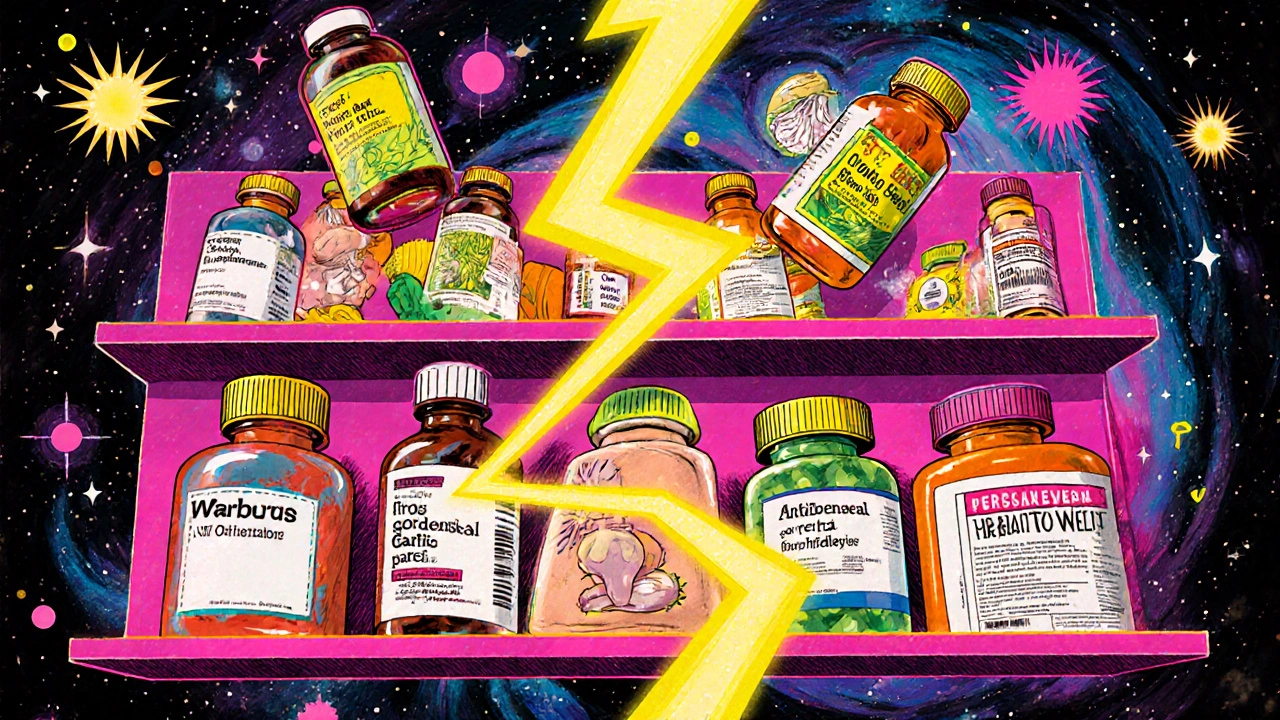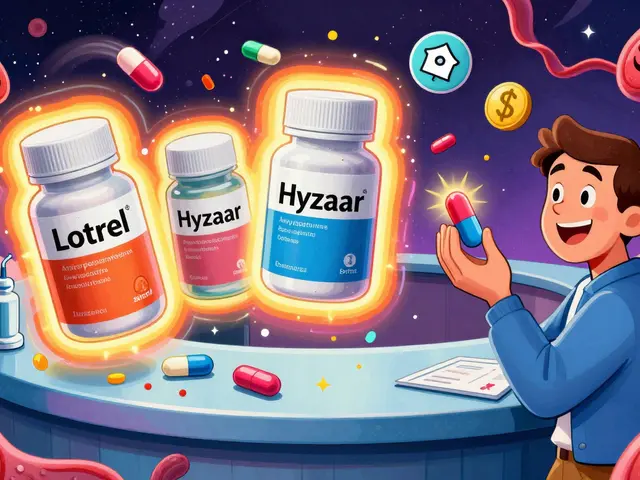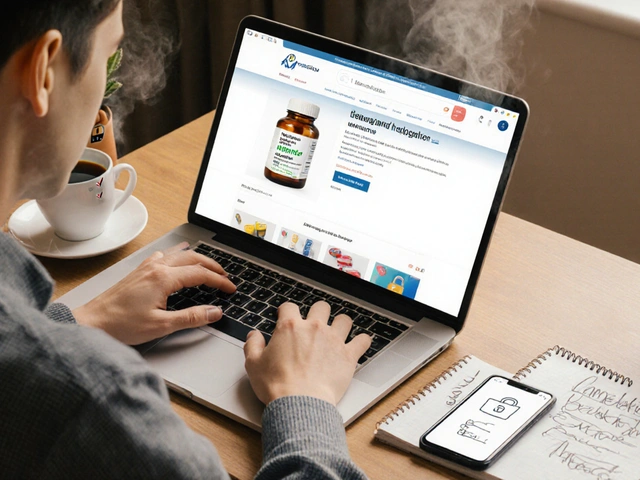Herbal Supplements: What Works, What Doesn't, and What to Watch For
When you hear herbal supplements, plant-based products taken to support health, often without a prescription. Also known as natural remedies, they’re used by millions to manage everything from sleep to stress. But unlike prescription drugs, they don’t go through the same safety checks—so what you buy might not be what it claims to be.
Many people turn to dietary supplements, products taken to add nutrients or support bodily functions because they seem safer than pills. But that’s a myth. St. John’s wort can mess with antidepressants. Black cohosh might harm your liver. And echinacea? It might help a cold—but only if it actually contains the herb listed on the label. A 2023 study by the National Institutes of Health found that nearly 20% of herbal products tested didn’t contain the main ingredient they claimed. Some had fillers. Others had hidden drugs. You’re not just risking your money—you’re risking your health.
Plant-based medicine, the use of whole plants or extracts for therapeutic purposes isn’t new. Ancient cultures used garlic for infections, ginger for nausea, and turmeric for inflammation. Today, science is catching up. Some herbs, like ginger for nausea or valerian for sleep, have decent evidence. Others? Not so much. The real problem isn’t the herbs themselves—it’s the lack of regulation. Companies don’t need to prove their products work before selling them. And if something goes wrong? There’s no central system to track it—unlike with prescription drugs, where side effects are reported to the FDA.
That’s why you need to know what you’re taking. If you’re on statins, like simvastatin or atorvastatin, and you’re also taking red yeast rice, you’re doubling down on the same active compound—risking muscle damage. If you’re on blood thinners and you start taking ginkgo biloba, you could bleed internally. Even something as simple as garlic supplements can interfere with surgery. These aren’t harmless teas. They’re potent substances that interact with your body—and your meds—in ways you might not expect.
So what’s the real answer? Don’t avoid herbal supplements because they’re natural. Avoid them because they’re unregulated. If you want to use them, do it smart. Talk to your doctor. Check for third-party testing labels like USP or NSF. And never assume something is safe just because it’s sold in a health store. The truth is, your body doesn’t care if a compound comes from a lab or a leaf—it reacts the same way. That’s why knowing what’s in your supplement matters more than where it came from.
Below, you’ll find real-world guides on how herbal supplements interact with common medications, what science actually says about their effectiveness, and how to spot products that are more hype than help. No fluff. No marketing. Just what you need to know before you take the next pill.
Herbal Supplements That Interact with Common Prescription Drugs
Herbal supplements like St. John's Wort and ginkgo biloba can dangerously interact with common prescription drugs, reducing effectiveness or causing life-threatening side effects. Learn which herbs are risky and what to do to stay safe.






